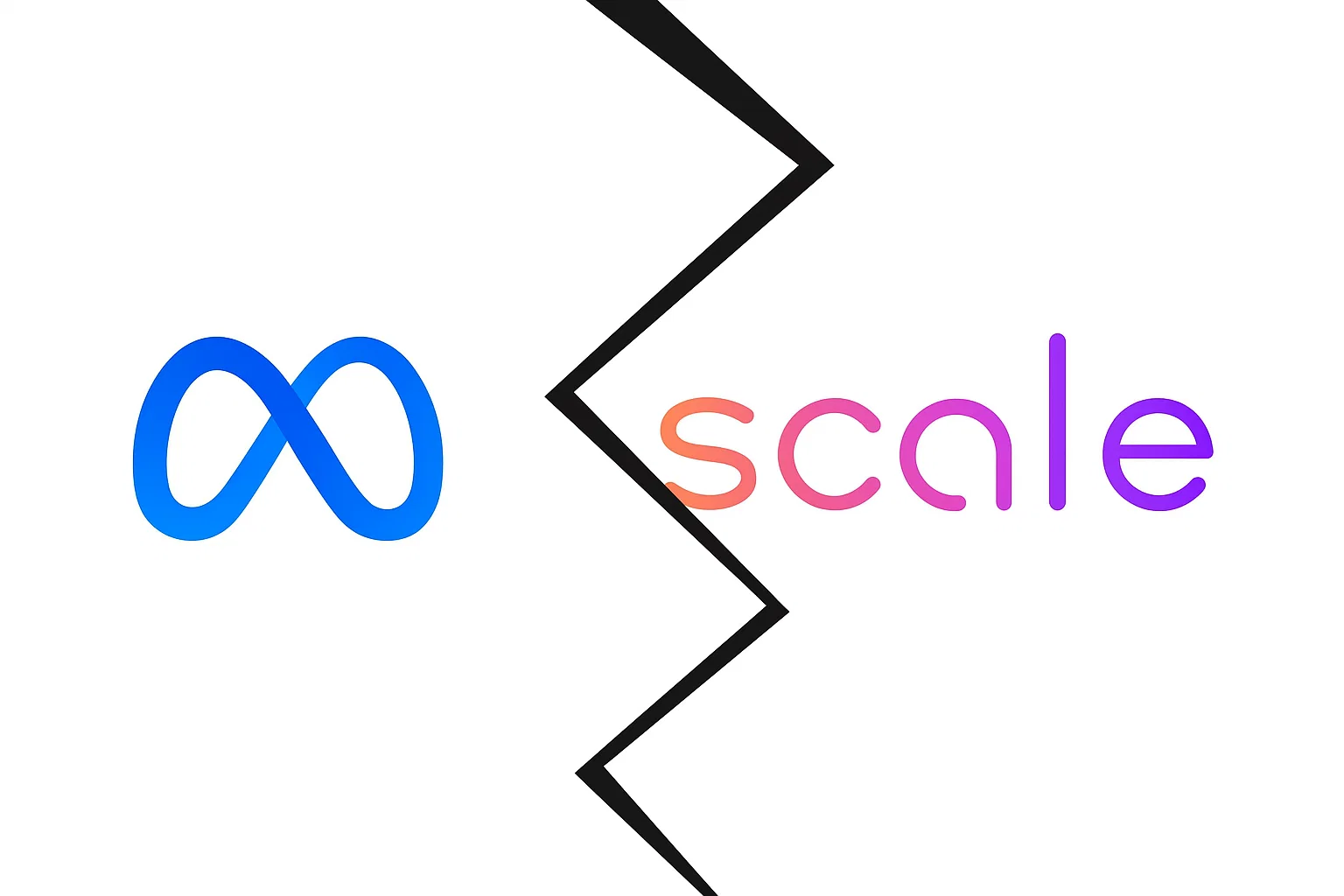In June 2025, Meta invested $14.3 billion in the data-labelling company Scale AI, but the partnership ran into difficulties only a few months later. As part of the collaboration, Scale AI’s CEO Alexandr Wang and several senior executives took over leadership of Meta Superintelligence Labs (MSL), yet soon afterwards Ruben Mayer, Scale AI’s former Vice President of GenAI products and operations, also left Meta. Meanwhile, one of Meta’s most important research divisions, TBD Labs, began working with competitors such as Metacor and Surge, as researchers argued that the data provided by Scale AI did not meet quality expectations.
The Meta–Scale AI partnership must be seen against the backdrop of a broader AI development race in which Meta has fallen significantly behind OpenAI and Google. Following the failed launch of Llama 4 in April 2025, CEO Mark Zuckerberg grew frustrated with the company’s AI team and began aggressively recruiting top talent. The partnership also dealt a further blow to Scale AI when OpenAI and Google announced the termination of their contracts with the data supplier. As a consequence, Scale AI laid off 200 employees from its data-labelling division in July 2025, a move that new CEO Jason Droege partly attributed to changing market demand.
These developments highlight that Meta’s largest AI investment, despite initial setbacks, could still be strategically valuable, as Wang is helping the company attract leading AI experts. For Scale AI, however, the consequences are severe: it has lost its two biggest clients, OpenAI and Google, while Meta is diversifying its pool of data providers. At the end of July, Scale AI secured a $99 million contract with the US Army, signalling a shift towards government sales. Experts note that Meta’s $14.3 billion investment was aimed primarily at securing Wang, who has worked in AI since founding Scale AI in 2016.
Sources:













